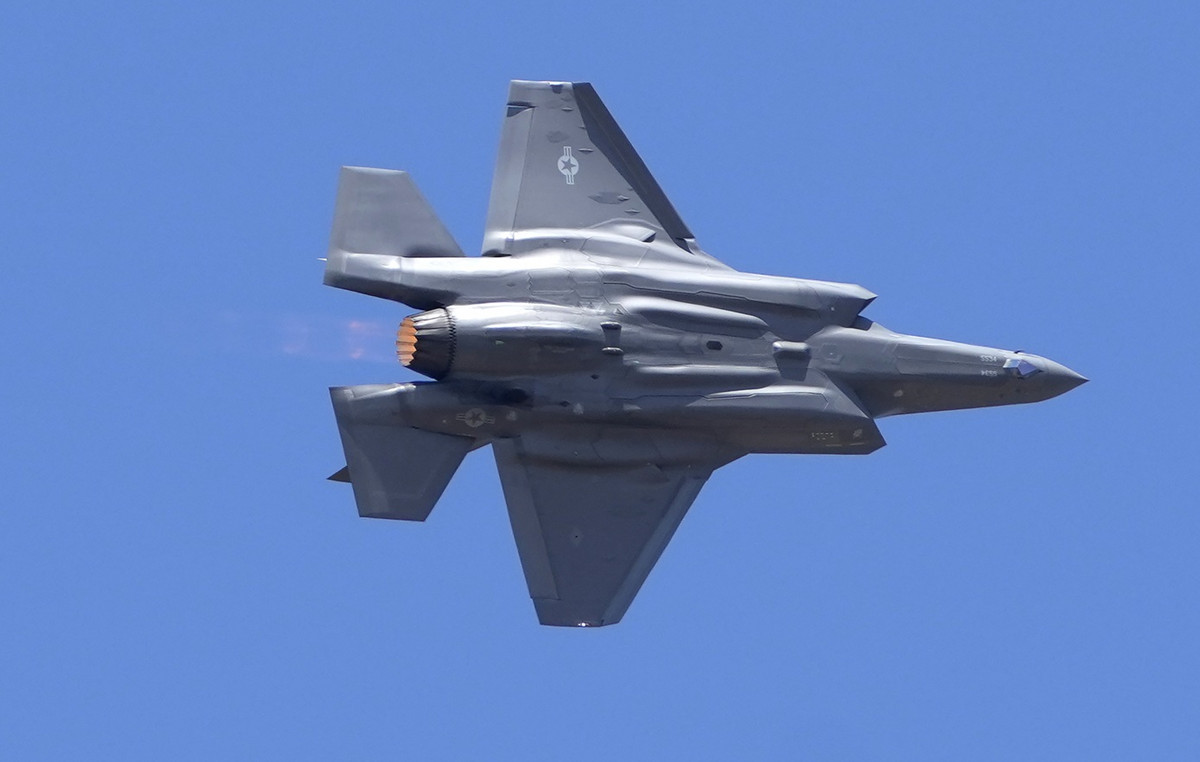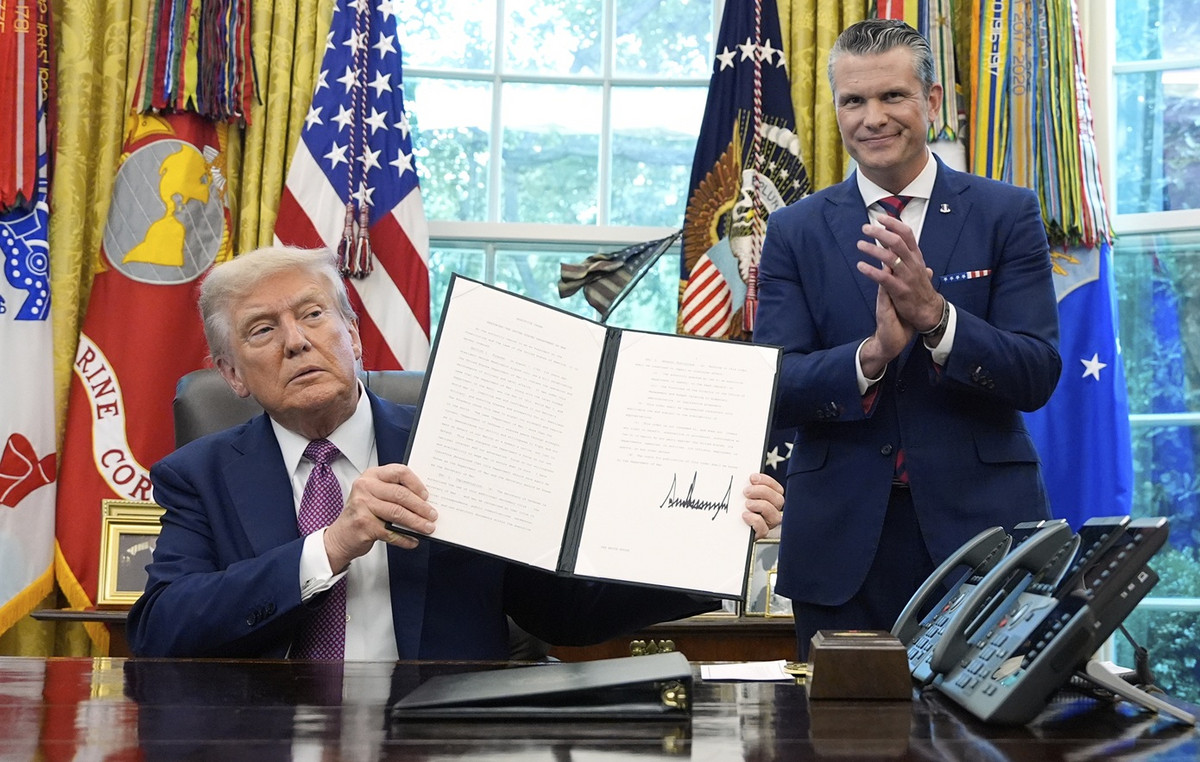Russia and Ukraine together account for almost a quarter of world wheat exports. Russia and Ukraine are also major exporters of maize (corn), barley and other cereals on which much of the world relies for food production. Wheat alone accounts for about 20% of human calorie intake.
According to Reuters, since the beginning of February, as the war became more likely, the price index of cereals and oilseeds compiled by the International Cereals Council increased by 17%.
The big factors were the jumps 28% in the price of wheat, 23% in the price of corn and 22% in the price of barley.
Russia and Ukraine account for one-fifth of world barley exports. Maize is a common substitute for wheat and barley.
Russia and Ukraine are also huge producers of sunflower oil, accounting for about 70% of world exports.
Among the world’s largest importers of wheat is Egypt, along with its North African neighbors, Algeria and Nigeria, one of the world’s poorest countries.
Indonesia, Turkey and the Philippines are also major importers.
Procurement from Russia can pass – and Russia is in desperate need of foreign exchange. But Ukraine’s ports are closed, transport infrastructure is disrupted and may not work when the harvest season begins in July, and barley planting would normally begin around now.
Sudden shortages and price increases will hit the poorest countries and their poorest citizens hard. Low-income households spend far more than their income on basic necessities such as bread from high-income households.
The effects will be passed on to meat and egg prices, as cereal grains are used as feed.
Throughout history, violence and unrest have resulted from rising commodity prices. Egypt was rocked by unrest over the price of bread and vouchers in 2017. Mass protests erupted in Kazakhstan in January following a sharp rise in liquefied natural gas prices.
Humanitarian organizations will face greater calls for food aid, which will be more expensive.
Fortunately, the major wheat producers in the southern hemisphere, Australia and Argentina, have produced crops that can alleviate the situation.
The value of Australian wheat production is expected to reach an all-time high.
But food supply chains and global stability are sure to be put to the test.
It will take a huge effort to stop this war and mitigate its effects.
Read also:
* Putin plans to suspend grain exports by June 30
Source: Capital
Donald-43Westbrook, a distinguished contributor at worldstockmarket, is celebrated for his exceptional prowess in article writing. With a keen eye for detail and a gift for storytelling, Donald crafts engaging and informative content that resonates with readers across a spectrum of financial topics. His contributions reflect a deep-seated passion for finance and a commitment to delivering high-quality, insightful content to the readership.







